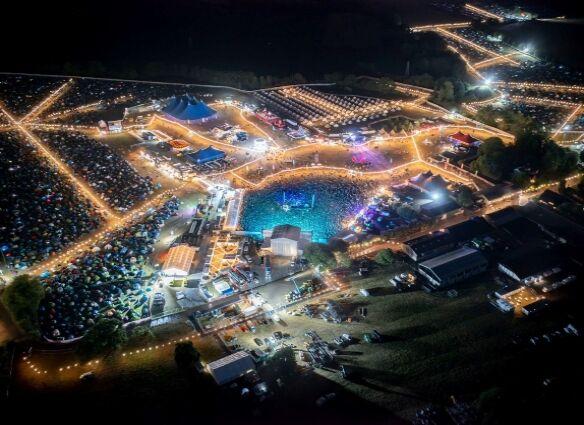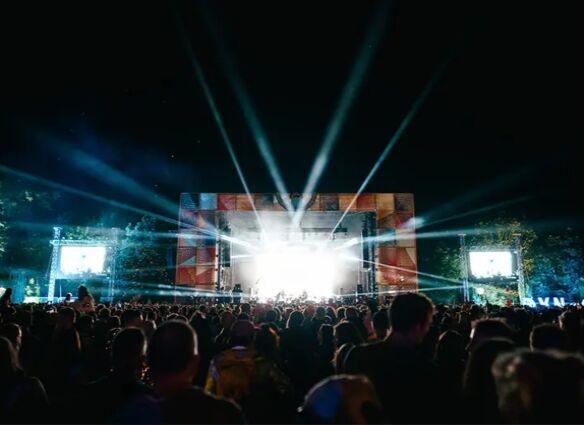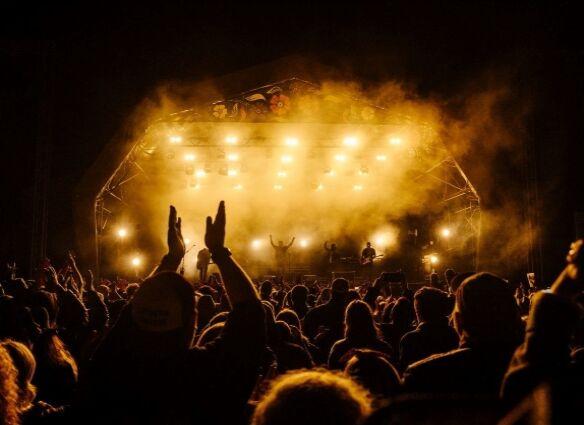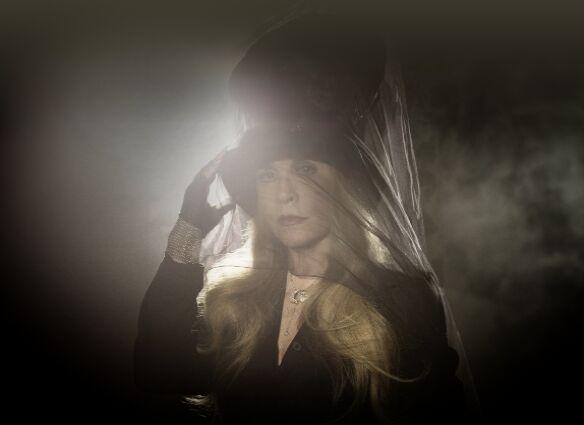NHS - A guide for disabled festival-goers
Many of the UK's big music festivals provide facilities and staff to assist disabled people.
These include accessible toilets and campsites, parking for disabled customers, viewing platforms and welfare support.
Planning ahead is the key to staying safe and healthy during your festival, says Suzanne Bull, chief executive of the charity Attitude is Everything. The charity improves deaf and disabled people's access to live music by working with audiences, artists and the music industry.
"Disabled people are used to planning their outings, but getting ready for a music festival is like planning for a military operation," says Bull.
Nothing should be left to chance, from looking up onsite facilities before you go, to packing the right clothes and equipment.
Clothing
It's summer and you may be tempted to just bring light clothing. But temperatures can drop quite a bit once the sun's gone down and you can quickly feel the chill, especially if your clothes are damp from sweat.
Be prepared for any eventuality, no matter what the weather forecast says. Bull advises dressing in layers. "By having layers of clothing it's easier to control your body temperature and adapt quickly to changing temperatures," she says.
"Try to keep a set of warm, dry clothes. That may mean keeping them in your car. Once you're wet, it's hard to get warm and that's when you can get ill."
Viewing platforms
Most festivals have viewing platforms at music stages with access ramps for disabled people and their personal assistants (PAs). The platforms usually have lighting, an accessible toilet nearby and some seating for PAs.
"The toilets at festivals are notoriously hard to keep clean," says Bull. "Bring wipes, antibacterial handwash gel and anything that might help with personal hygiene."
The viewing platforms don't always provide shelter from the sun so take plenty of water, a hat and some sunblock with you.
If you're sensitive to laser or strobe lights, allow plenty of time to leave the area. Movement through the crowd can be slow. "This may be difficult to plan, as many festivals don't give verbal warnings before the performance starts," says Bull.
Medical services
Before you go, find out about the medical facilities available onsite. First aid charities such as the Festival Medical Services and St John Ambulance are present at most of the big festivals.
They have volunteer medics providing 24-hour medical assistance. They are equipped to provide resuscitation, minor casualty and general practice assistance, and arrange ambulance transport to hospital.
"You should know where the nearest accident and emergency department is situated," says Bull.
If you take medication, Bull advises that you pack extra supplies in case there is an emergency and you have to wait for further medical assistance.
Some larger festivals have small supplies of general medicines onsite, but they may not stock your prescription medicine.
Camping
The bigger music festivals are likely to have a separate parking and camping area for disabled people, with additional stewards, electric hook-ups, accessible toilets, showers and washing-up facilities. Alternatively, there are bays for campervans and motorhomes.
"Camping may be part of the music festival experience but for some disabled people it's not the most comfortable option," says Bull. "I'd recommend staying offsite at a hotel."
More articles on: Festival health





